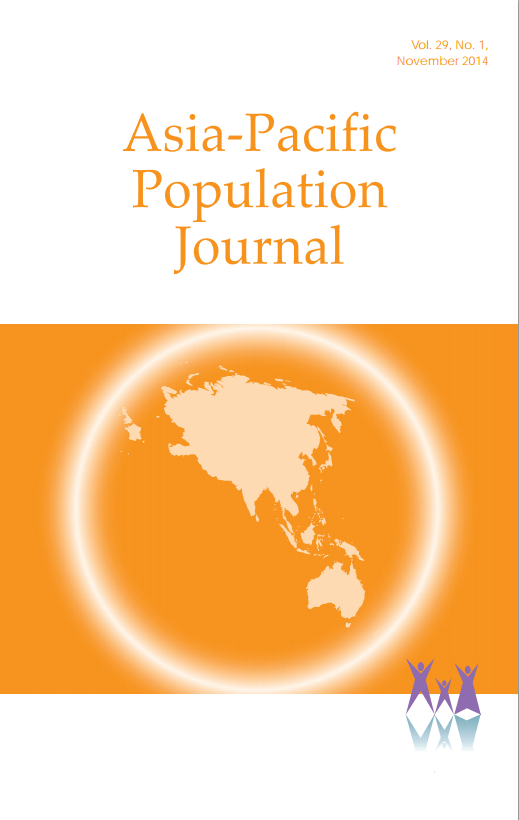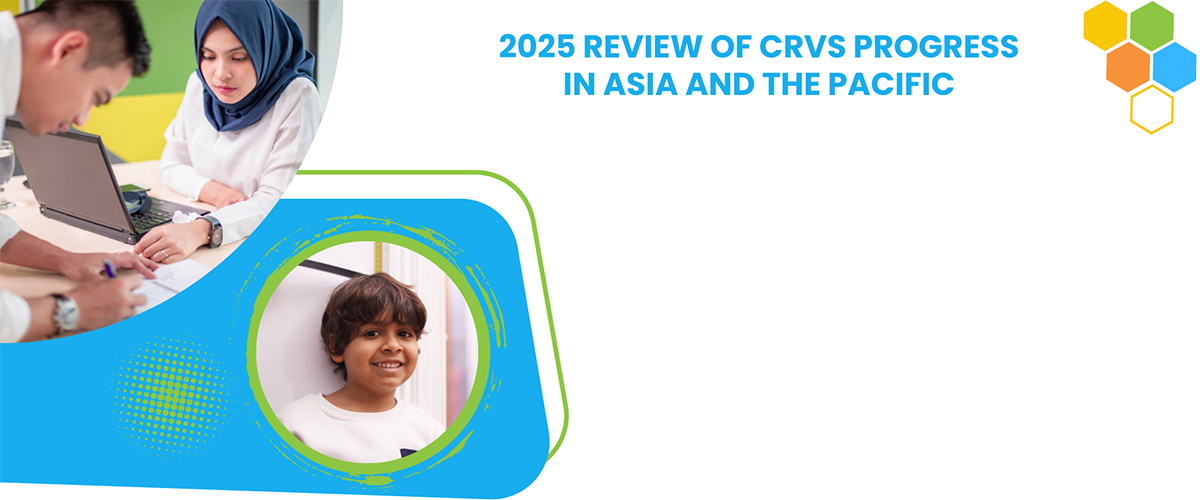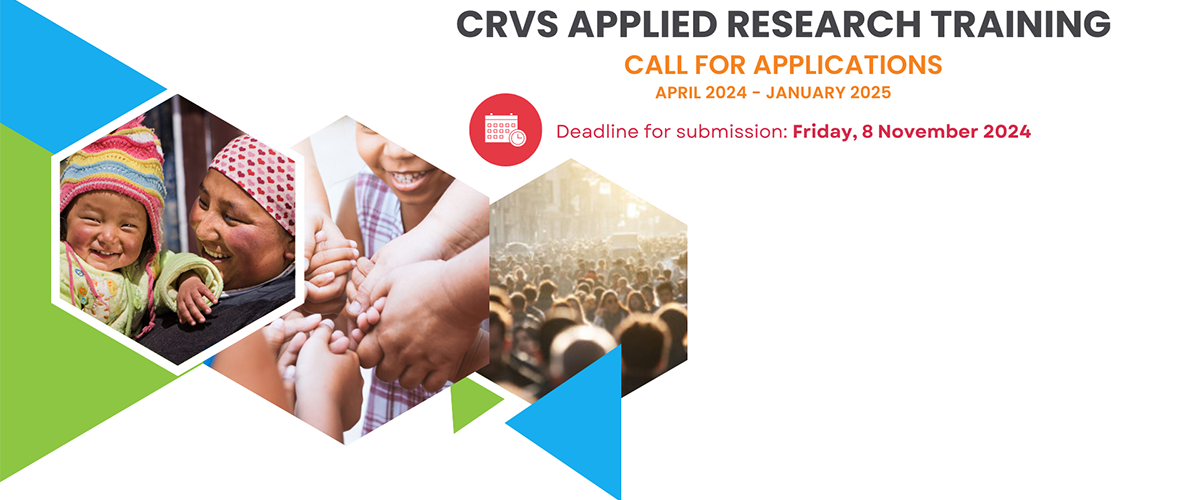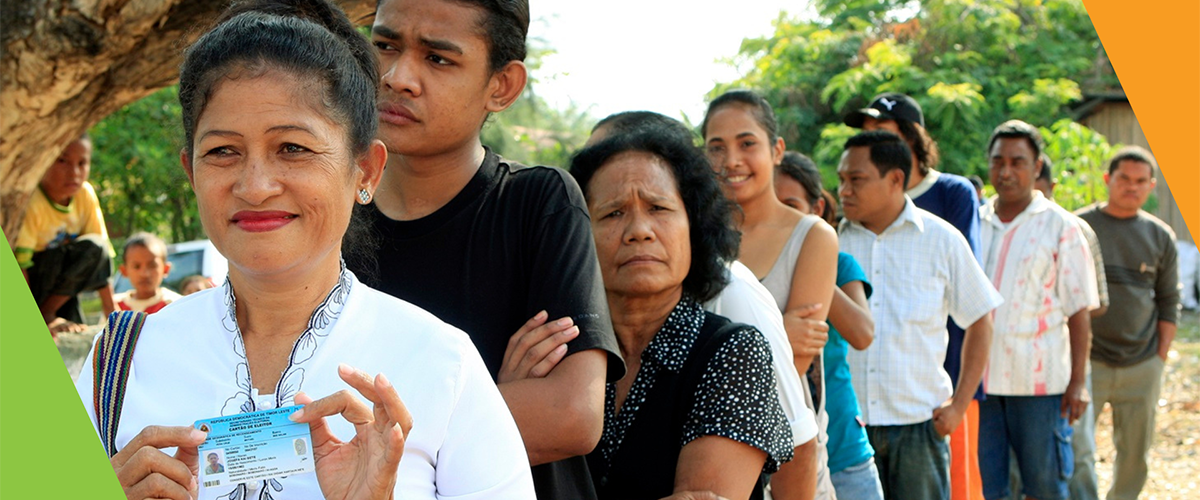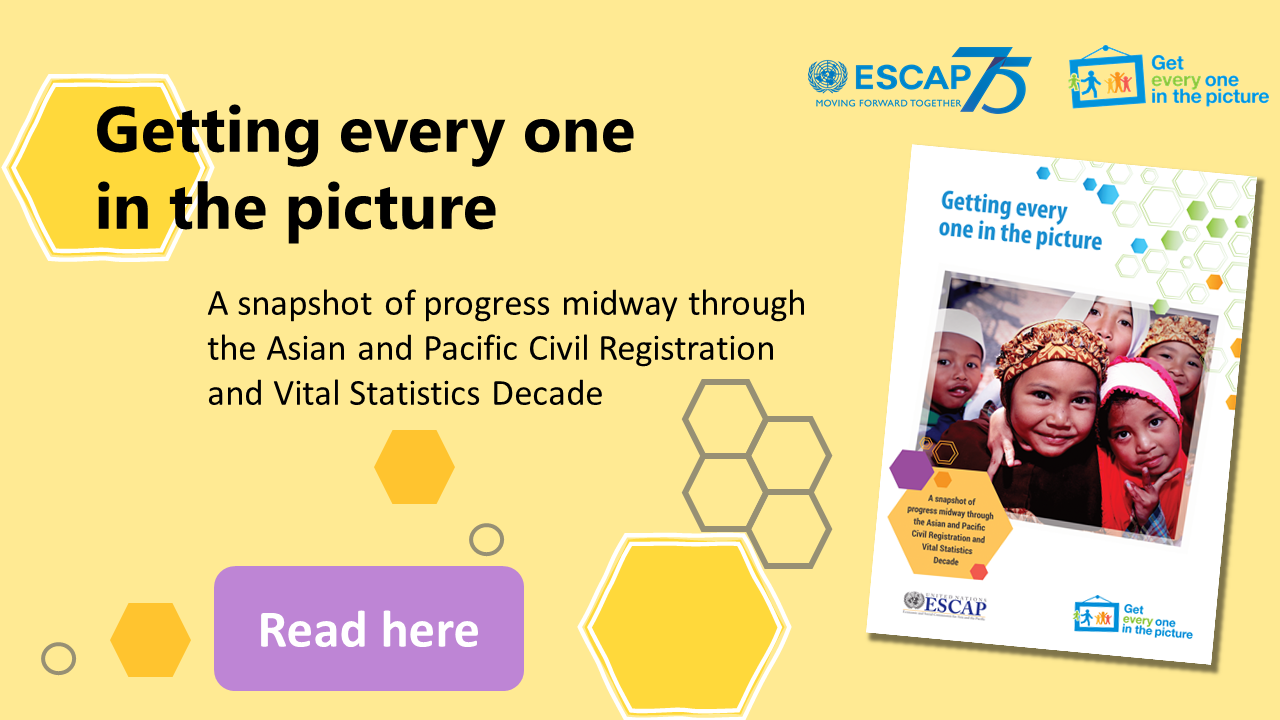Asia Pacific Population Journal
In this series of articles, the role of universal civil registration and vital statistics (CRVS) systems is examined as an essential tool for good governance and inclusive development. In the first article in the series, the case is made for investing in CRVS systems; the current situation in countries in the region is described, and the emergence and development of regional collaboration on CRVS is summarized. In the second article, the actions taken in specific countries to strengthen their CRVS systems are highlighted, and the lessons learned are described, with several innovative approaches being showcased. The third article contains a description of the relationships between CRVS systems (civil registration and population databases in particular), legal identity, the realization of human rights and access to basic social protection, using country examples from the Asia-Pacific region for these purposes. In the fourth and final article, the importance of building a sound evidence base for efforts to improve CRVS is highlighted, and a framework for prioritizing research activities is proposed.
